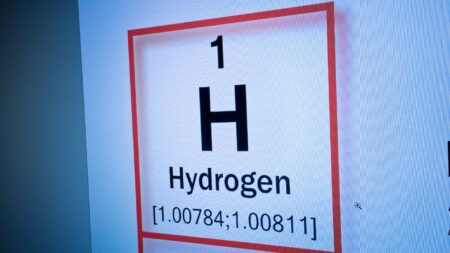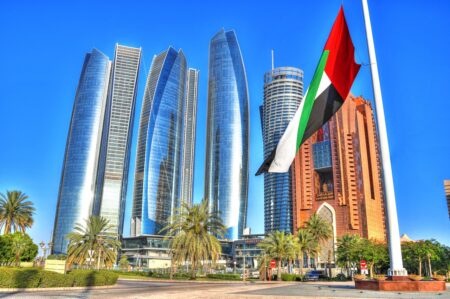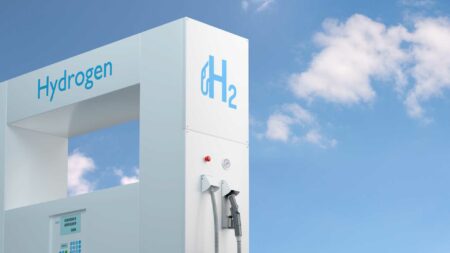Azerbaijan, a nation historically associated with oil and gas, is making significant strides towards a sustainable future, actively engaging in initiatives to export green hydrogen and ammonia.
Browsing: Report
Brazil and the United Kingdom have officially launched the Brazil-UK Hydrogen Hub on December 3, 2023. The collaboration, represented by the Ministry of Mines and Energy (MME) for Brazil and the Department of Energy Security and Net Zero (DESNZ) for the UK, aims to strengthen international cooperation for hydrogen production as a crucial element in the global transition to a net-zero future.
South Africa emerges as a potential powerhouse in green hydrogen production, poised to become a key supplier for Germany and Europe.
Brazil is poised to revolutionize its energy landscape and economic prospects through the burgeoning green hydrogen market, with the potential to generate a staggering R$150 billion per year by 2050.
United Arab Emirates (UAE) has taken center stage at the COP28 climate summit, grappling with a significant hurdle: the affordability of hydrogen. At a high-level roundtable, the UAE’s Minister of Energy and Infrastructure, Suhail Mohamed Al Mazrouei, addressed the challenges and strategic initiatives associated with making hydrogen, particularly green hydrogen, economically viable.
Germany’s pursuit of a sustainable energy transition has placed hydrogen in the spotlight as a potential game-changer. However, the journey from hydrogen production to its consumption in a climate-neutral manner involves overcoming numerous challenges.
California has been granted a whopping $1.2 billion by the United States Department of Energy (DOE). The funding is earmarked for spearheading projects dedicated to clean energy and job creation, aligning with the state’s ambitious goal of achieving a net-zero carbon economy by 2045.
In a significant stride towards decarbonizing the EU’s energy sector, Members of the European Parliament (MEPs) and the Spanish Presidency of the Council have reached a consensus to facilitate the integration of renewable and low-carbon gases, including hydrogen, into the EU gas market.
In what was supposed to be the commencement of a groundbreaking project, the Hydrogen Innovation Center (HIC) in Chemnitz faces a significant hurdle as the anticipated federal funds of 72.5 million euros encounter a budget freeze in Berlin.
Amid the global fervor for hydrogen as the fuel of the future, Germany finds itself at a crossroads as the federal government grapples with a budget crisis, leaving the fate of several hydrogen projects hanging in the balance.










